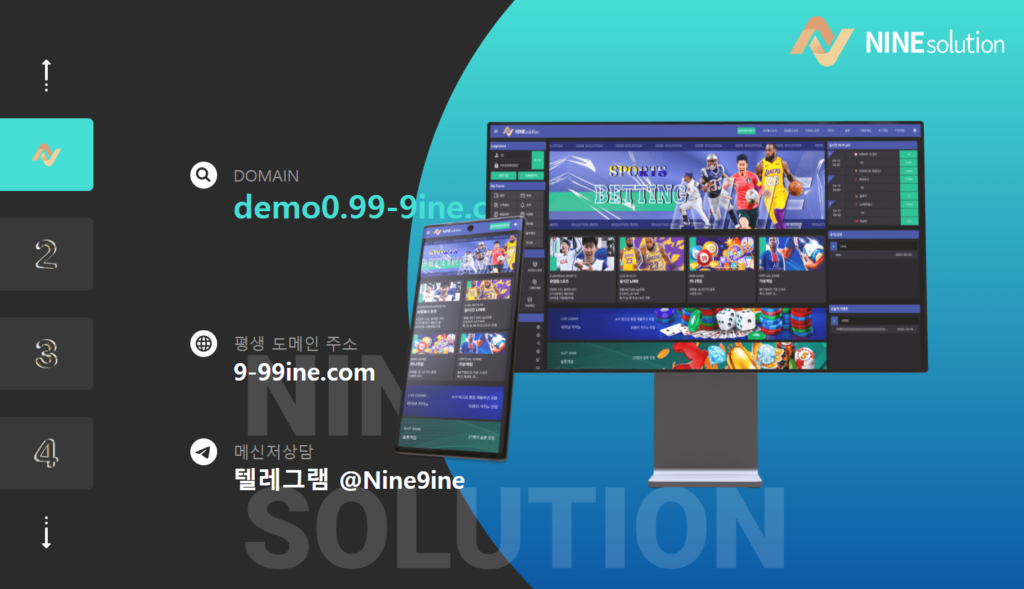Sports Analysis is a captivating field that combines the thrill of sports with the sharpness of data analysis. It is a unique blend of art and science, where the intricacies of team dynamics, individual performances, and strategic choices come together to form a tapestry of insights. Whether you’re a dedicated sports enthusiast, a coach looking to gain an edge, or someone simply curious about the inner workings of a game, the art of sports analysis holds the key to unraveling the winning gameplan.
In today’s fast-paced and highly competitive sporting world, the ability to analyze and interpret data is more crucial than ever. Sports analysis is not merely about crunching numbers or making statistical predictions. It delves into understanding the nuances of player techniques, team dynamics, and strategic decisions that shape the outcome of a match. By dissecting every pass, shot, and movement, analysts reveal patterns, trends, and hidden insights that can give a team an advantage on the field or court.
The heart of sports analysis lies in its ability to uncover the stories that statistics alone cannot tell. It is an art that demands both a discerning eye and a sharp mind. By observing and processing the intricate details of a game, analysts can identify weaknesses to exploit, uncover strategies to neutralize opponents, and pinpoint areas of improvement for individuals and teams alike. Through their skillful examination of data, they breathe life into numbers, transforming them into narratives that shape the destiny of athletes, teams, and even entire sporting cultures.
Sports analysis has evolved significantly over the years, paralleling the advancements in technology and the increasing availability of data. With the advent of sophisticated tracking systems, wearables, and high-speed cameras capturing every movement on the field, analysts now have access to an unprecedented wealth of information. 가입머니 of data enables them to paint a comprehensive picture of a game, providing valuable insights into a team’s strengths, weaknesses, and overall performance.
In the modern sporting landscape, where fine margins can make the difference between victory and defeat, sports analysis is an invaluable tool in a coach’s arsenal. It unlocks the potential for strategic innovation, allowing coaches to devise game plans tailored to their opponents’ vulnerabilities. By studying the intricacies of player matchups, tactical decisions, and game trends, analysts can offer invaluable insights that can sway the outcome of a match.
In conclusion, sports analysis is a dynamic and enthralling field that continues to shape the world of sports. With its ability to uncover hidden stories, identify patterns, and provide strategic insights, it plays a pivotal role in creating winning gameplans. Whether you find yourself in the role of an athlete, coach, or an avid spectator, embracing the art of sports analysis can deepen your understanding and appreciation of the games we love. So, let’s dive into the depths of this fascinating world, and unleash the winning gameplan together.
The Importance of Sports Analysis
Sports Analysis is an indispensable aspect of modern sports. It plays a crucial role in helping teams and athletes gain a competitive edge. By closely examining past performances, studying opponents’ strategies, and analyzing individual and team statistics, sports analysts provide valuable insights that can profoundly impact game outcomes.
Through Sports Analysis, coaches and athletes can identify their strengths and weaknesses, allowing them to develop effective game plans. By studying gameplay footage, they can identify patterns, detect trends, and uncover hidden insights that might go unnoticed during a live match. This level of analysis enables teams to make informed decisions, devise winning strategies, and maximize their chances of success.
Furthermore, Sports Analysis helps teams assess their opponents’ strengths and weaknesses, enabling them to formulate strategies that exploit their adversaries’ vulnerabilities while capitalizing on their own strengths. By gaining insights into opponents’ gameplay tendencies, formations, and key players, teams can better understand how to neutralize threats and create opportunities for victory.
Moreover, sports analysis empowers teams to make data-driven decisions regarding player selection, lineup formations, and game strategies. By analyzing individual and team performance metrics, coaches can make informed decisions that optimize team dynamics and allocate resources efficiently. This ultimately leads to better team cohesion, enhanced performance, and increased odds of achieving desired results.
In conclusion, Sports Analysis is a critical aspect of modern sports that not only enhances team performance but also provides a strategic advantage. By analyzing past performances, studying opponents, and leveraging data, teams can unlock valuable insights that help them devise winning game plans. As the sports industry continues to evolve, sports analysis will remain a key component in unleashing the full potential of athletes and teams alike.
Key Elements of Effective Sports Analysis
When it comes to effective sports analysis, there are three key elements that play a vital role in providing valuable insights and strategic game plans for teams and athletes.
Data Collection and Analysis
One of the fundamental aspects of sports analysis is the collection and analysis of data. This involves gathering various types of data such as player statistics, match performance metrics, and even environmental factors that may impact the game. By utilizing advanced technology and tools, analysts can process and interpret this data to identify patterns, trends, and correlations that can greatly contribute to understanding game dynamics and player performance.
Video Analysis
Video analysis is another crucial element of sports analysis. By closely examining recorded game footage, analysts can break down individual player movements, tactics, and team strategies. This allows them to identify areas of improvement, evaluate opponent strengths and weaknesses, and develop effective game plans. Video analysis also enables coaches and players to visualize and better understand their own performance, enabling them to make informed adjustments and enhancements in their approach.
Statistical Modeling and Predictive Analytics
The third essential element of sports analysis is statistical modeling and predictive analytics. By utilizing historical data and applying statistical techniques, analysts can create models that help predict future outcomes and trends. These models can provide valuable insights into player performance, injury risks, and team dynamics. By leveraging predictive analytics, teams can better plan their game strategies, make data-driven decisions, and gain a competitive edge over their opponents.
In summary, effective sports analysis relies on the key elements of data collection and analysis, video analysis, and statistical modeling and predictive analytics. By leveraging these elements, teams and athletes can gain deeper insights into their performance, make more informed decisions, and ultimately increase their chances of success on the field or court.
Utilizing Data and Technology in Sports Analysis
In today’s ever-evolving world of sports, data and technology have become indispensable tools for sports analysts. The ability to gather and analyze vast amounts of data has revolutionized the way we understand and interpret sports performance. With the help of advanced technology, analysts can now delve deeper into the intricacies of the game and uncover hidden patterns and insights.
One of the key benefits of utilizing data in sports analysis is the ability to make informed decisions. By examining various metrics such as player statistics, team dynamics, and historical data, analysts can identify trends and patterns that provide valuable insights into the strengths and weaknesses of teams and individuals. This allows coaches and players to make strategic decisions that can greatly impact their performance on and off the field.
Moreover, technology has played a crucial role in enhancing the accuracy and precision of sports analysis. Sophisticated cameras, sensors, and tracking systems have made it possible to capture and analyze data in real-time. For example, with the advent of player tracking technology, analysts can now measure and analyze key performance indicators such as speed, distance covered, and player positioning. This wealth of data enables analysts to provide detailed feedback and recommendations that can help teams and athletes optimize their performance.
Additionally, data and technology have enabled sports analysts to embrace new methodologies and approaches. Advanced statistical models and machine learning algorithms can now be applied to sports data, allowing analysts to make predictions and forecasts with a higher degree of accuracy. This has not only enriched the field of sports analysis but has also revolutionized the way teams and players strategize and prepare for games.
The integration of data and technology in sports analysis has undoubtedly transformed the way we perceive and understand the world of sports. With the continuous advancements in technology and the ever-increasing availability of data, sports analysis will continue to evolve, opening up new opportunities for teams, coaches, and athletes to gain a competitive edge.










